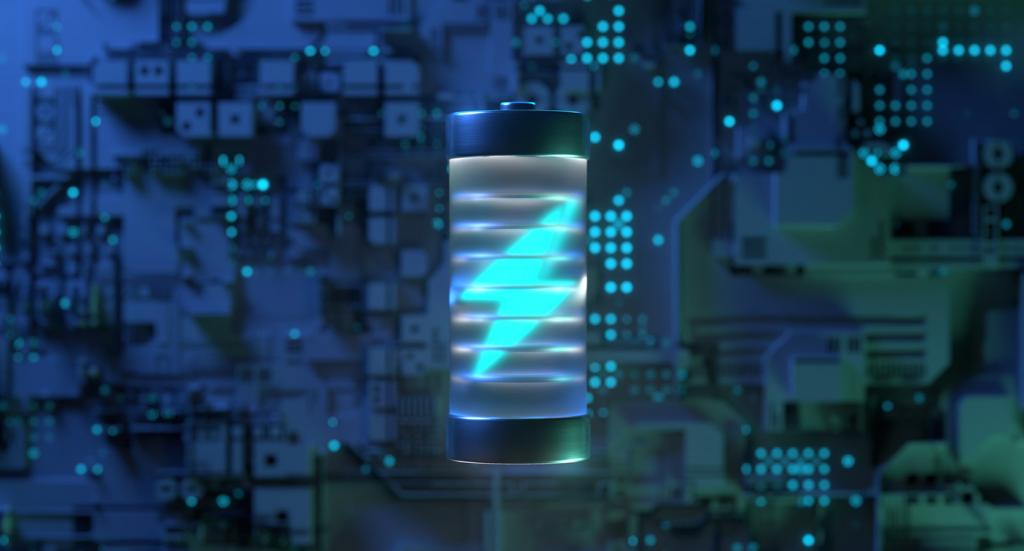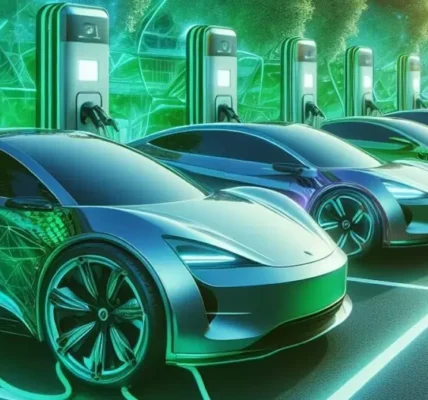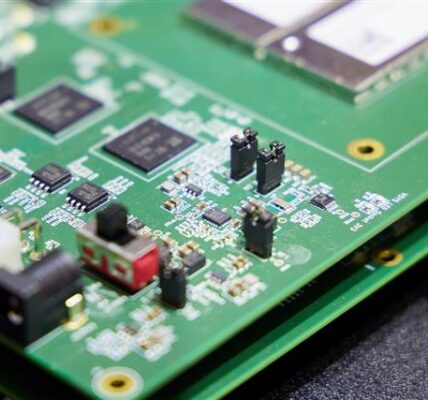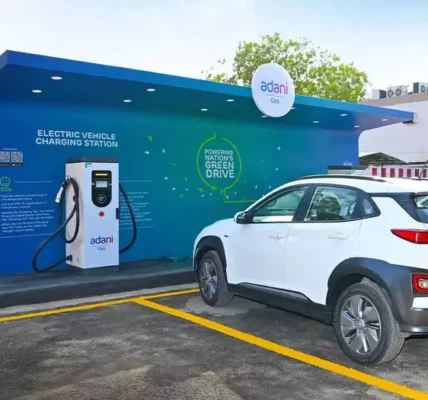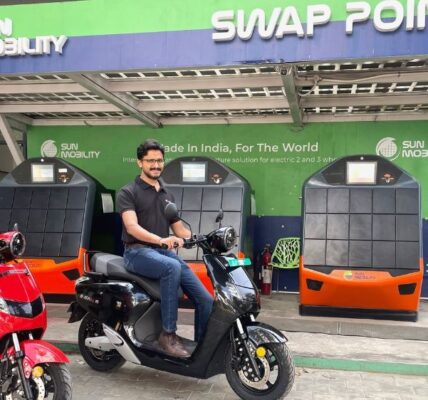Non-profit Centre for Science and Environment has collaborated with the central government’s Department of Science and Technology (DST) to create a platform for supporting the development of new electric vehicle (EV) batteries to suit Indian requirements.
A white paper will be prepared on a roadmap for developing new battery technologies in India, CSE said in a statement November 22, 2022. This would be followed by creating an expert-industry forum or platform to support the process.
CSE and DST had recently organized a round table on locally appropriate EV batteries that are safe, durable and effective within the constraints of a hot and humid tropical climate.
This was the first in a series of consultations that will be held with experts from leading institutions and representatives from vehicle manufacturers, the battery industry, regulatory bodies, testing entities and independent laboratories focused on battery chemistries.
Challenges ahead
The round table brought forward several key issues for establishing future pathways.
Building volumes for EV battery manufacturing and ensuring the supply chain is an important issue. Suppose the global EV battery storage is expected to be 10,000 GWhr in 2030-35. In that case, India cannot be less than 5 per cent of the global battery manufacturing capacity, according to the CSE press note.
Assessing the needs of Indian vehicles and the climatic stress to develop pathways for battery management and thermal management systems was another issue. Methods, standards, certifications, and protocols for specific battery needs must address these requirements. Innovation will also require commercialisation.
Small-format two-wheelers need appropriate, cost-effective solutions and EV battery chemistries in India need to be application-specific. Developing regulations and technical standards to push the battery trajectory is also important, along with attention to the ageing of batteries.
CSE also pointed out the need for developing regulations for the in-use performance and durability of EVs and databases on performance and safety parameters. Recycling of end of life batteries for material recovery and open-source battery management support for startups to make safe batteries was also highlighted.
In 2015, the Centre launched the Faster Adoption and Manufacturing of (Hybrid &) Electric Vehicles in India (FAME India)1 Scheme to promote the manufacturing of electric and hybrid vehicles.



